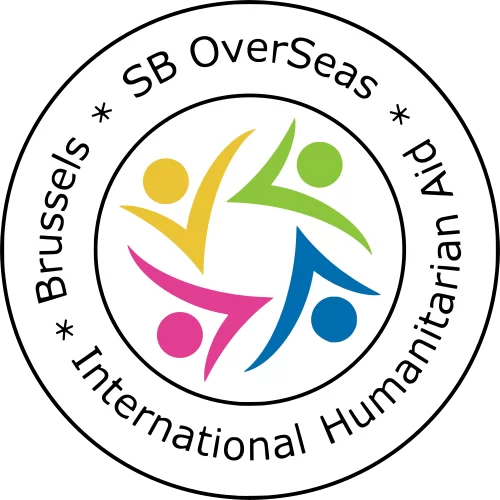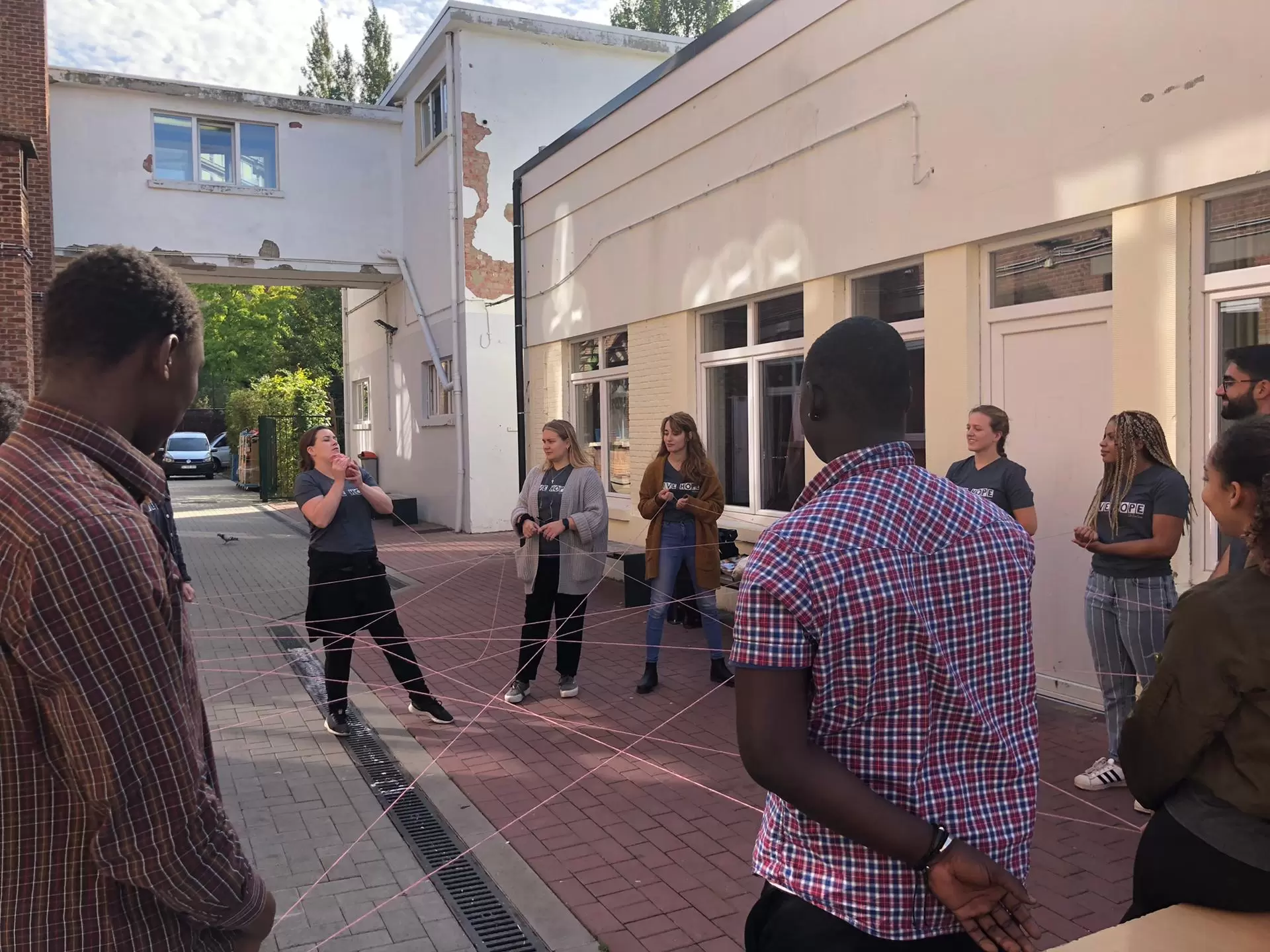November 20, 2019 marked the 30th anniversary of the signing of the UN Convention on the Rights of the Child. This convention is at the heart of what we do at SB OverSeas, both in supporting refugee children and youth in our schools in Lebanon and in our support towards young people in Belgium. We cannot ignore, however, that certain aspects of the international protection of people under the age of 18 that then make a clear distinction between who is in need of protection and who is not—this is particularly relevant for young refugees. International law from the convention as well as regional EU and national Belgian law provide for special protections to those migrants who have been identified as minors. In previous columns I have discussed the process that each of this individuals face to prove that they are indeed under the age of 18 so that they can have access to all the mechanisms that exist for minors. However, the law is very clear when it states that the moment in which young asylum seekers turn 18 this special protection and the services it comes to an end.
But, do we really become adults once we turn 18?
This is especially puzzling in the case of these young migrants who have been on the move, who are without the support of their families, and more often do not have sources of stability in their lives once the government halts protection.
Once an unaccompanied minor turns 18 they start what is known as ‘the transition to autonomy’ at this moment they suddenly no longer have support from the state and the tutor (an adult that serves as a legal guardian) that had been supporting them cannot longer follow their process, neither can they live in the accommodation centers devoted to minors.
The laws on tutoring are clear on the fact that this support will end the day the individual turns 18, all of the duties and responsibilities which were meant to guarantee the social, economic, sanitary, physical, education juridical and psychologic well-being of minor migrants suddenly falls entirely on this new ‘independent adult.’
This transition period implies taking up a series of heavy responsibilities; this may include trying to find pathways to informal education, as the Belgian constitution only recognize the right for mandatory primary and seconday education until the age of 18. If they wish to continue their education they would have to look for ways to access higher education or enroll in skills or other workshops provided by NGOS like SB OverSeas.
The legal representation up to this point had been carried out by the tutor, who has received training and has more knowledge about the different processes that they law states for asylum seekers as well as the necessary language proficiency to comprehend this forms and procedures. The moment that unaccompanied minors become ‘adults’ in the eyes of the law, they have to represent themselves, even though most on them do not have the necessary language level training or knowledge to navigate the legal system.
How can we realistically expect for a young person in this situation to get by? This is an individual that potentially has suffered trauma from a journey that ended with them living in a new country where culture, language and laws are significantly different that those of their country of origin; and that once they turn 18 they can be completely independent without a community or family that can support them not only economically but socially. This is why there is a need to make this transition more complete. While it is not the case that one could necessarily consider someone who is 18 years old still a child, is it reasonable to consider them immediately an adult? Protections for young people are few and far between, and especially for those that are without a family of adults to help guide them. This is point where the Convention on the Rights of the Child, and international, regional and local protections often have gaps—and the reason why we in our support of refugees in Brussels have decided to focus on young people in this predicament.
To learn more about the project with young refugees, visit our website at www.sboverseas.org and follow our posts from the weekend activities on our Facebook and Instagram.

